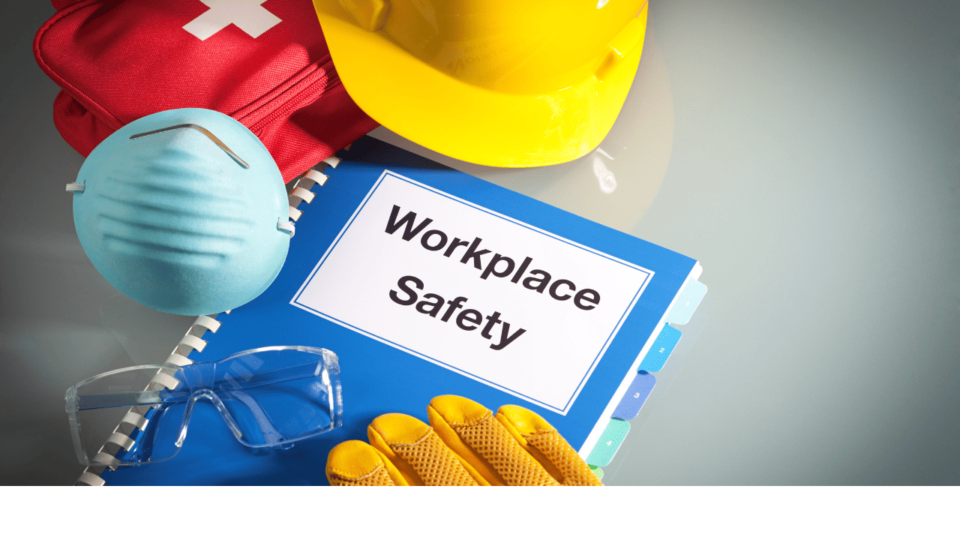The challenges in the gas industry are very distinct and carry immense responsibilities. A foundation for successful operations lies in health and safety training courses designed to equip each worker for daily operations. Every individual at a job site should be trained in the right protocol and procedure necessary to maintain a safe work environment.
Knowing why
Gas industry operations involve handling volatile substances and complex equipment; thus, proper training is required. Once the workers undergo such health and safety courses, they gain confidence and competence in their work, and this knowledge protects them but also safeguards their colleagues and the surrounding community.
Culture of Prevention
Prevention is always better than reaction when it comes to safety in the gas sector. By investing in proper training, organizations create an environment where safety becomes second nature. Workers learn to identify potential hazards before they develop into serious issues, leading to smoother operations and increased productivity.
Essential Skills and Knowledge
The gas industry requires specialized expertise that can only be developed through structured learning programs. Workers need to know everything from proper equipment handling to emergency response procedures. Modern training methods incorporate hands-on experience with theoretical knowledge, thus ensuring that workers can apply what they learn in real-world situations.
Compliance and Beyond
While meeting statutory requirements is mandatory, effective training in safety measures is more about equipping them with practical daily skills. During comprehensive training programs, employees receive information on best practices for PPE usage and emergency procedures, plus the best use of their task-specific skills.
Innovative Ideas and Continuous Improvement
The gas industry continually evolves with improved technologies and enhanced standards of safety. Refresher courses and updated training programs help maintain the workers on the current advancements in the industry. It is when the workers are properly trained that they build up the confidence needed to handle risky situations. This confidence is born of the knowledge that they have the skills and understanding to perform their jobs safely. This leads to a more capable, efficient workforce.
Team Coordination and Communication
Teamwork and effective communication are significant factors in ensuring safety in the gas industry. Workers learn to coordinate well with fellow workers while performing routine procedures and under emergency conditions for which structured training programs are made. This team-based approach enhances overall workplace safety.
Long-term Consequence
Workers’ investment in safety training is worth much more. Effective workers do their jobs more efficiently and contribute to a healthy working environment. They become assets for their organizations and help maintain high safety standards throughout their careers.
Conclusion
Proper safety standards should be retained to determine future developments in the gas industry. Strong organizations that establish well-prepared workforces able to meet new challenges will determine tomorrow. Organizational commitment and interest in their safety are prerequisites for further sustainable growth and future success in these industries.
Through proper implementation of safety protocols and periodic training updates, the gas industry can keep up its shining safety record and continue. When each employee is adequately trained, the entire industry will enjoy efficiency, reliability, and peace of mind.

